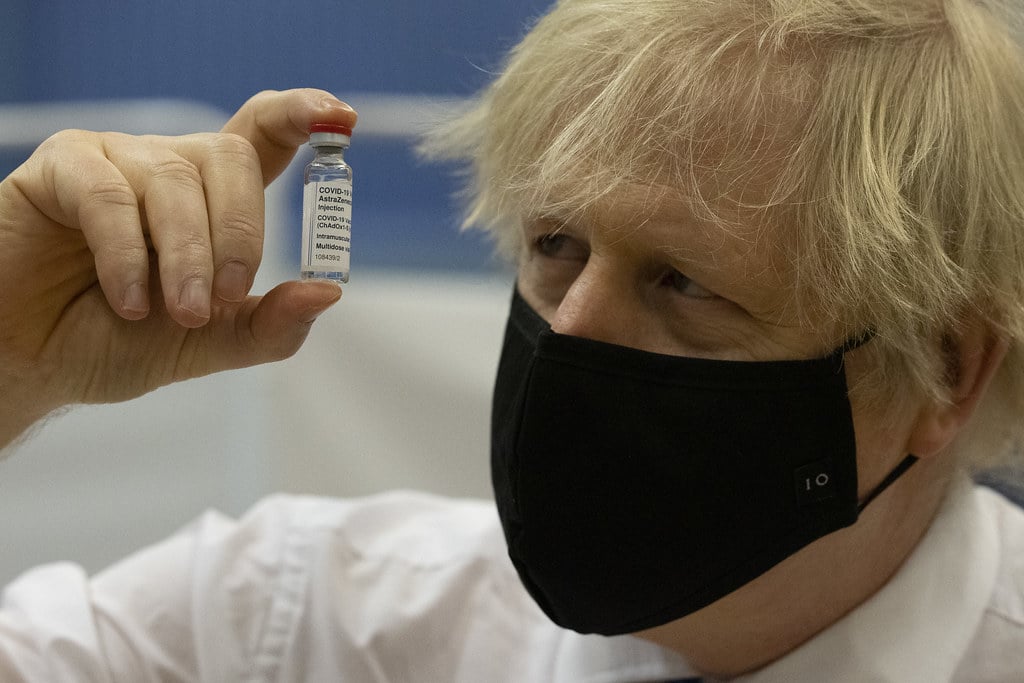The COVID-19 pandemic has brought unexpected health benefits to some people. There are very few silver linings to find amidst the terrible havoc wrought by the disease, but it has had positive effects on the prevalence of other diseases and conditions.
Don’t pass it on
All communicable diseases necessarily thrive on human contact and, when people are staying away from each other, they don’t get as much chance to jump from one person to another.
The British Medical Journal has reported that some infectious diseases are fading from hospital emergency departments as a result of the anti-coronavirus measures in place across the world. These include diseases including influenza, parainfluenza, respiratory syncytial virus, and human metapneumovirus.
The BMJ spoke to Alice Pong, a paediatric infectious disease physician and the medical director for infection control at Rady Children’s Hospital in San Diego, California. Beyond the disease reducing effects of social distancing, Pong said she believes children and families are taking advice on hand washing, personal hygiene, and other prevention measures seriously.
To quantify this a bit, at this time of the year in the UK, we could usually expect high levels of flu, but this year it has been virtually non-existent. Cold rates are now about a quarter of the five-year average, and flu at about a 20th of the usual level, according to data gathered by the Royal College of General Practitioners.

Dates have moved online. Photo by Charles Deluvio on Unsplash
Breathe deeply
It’s been well reported that air quality has improved in many parts of the world as traffic levels have dropped, among other factors. This is providing some respite to asthma sufferers and reducing the long-term impact on health for large swathes of the population. A July 2020 study published by the Proceedings of the National Academy of Sciences for the USA found that “after accounting for meteorological variations, lockdown events have reduced the population-weighted concentration of nitrogen dioxide and particulate matter levels by about 60% and 31% in 34 countries, with mixed effects on ozone.”

Marshall Burke is, among other roles, assistant professor in the Department of Earth System Science and fellow at the Stanford Woods Institute for the Environment
Safer roads?
As well as the benefits to pollution from having less traffic, there were also fewer road deaths being reported over the early stages of the pandemic. In France the number of car accidents on the road dropped by 80% in the first three weeks of the pandemic according to insurer Maif, who actually returned premium payments worth some €100m to customers.
Worryingly, however, there is some evidence that this trend has been reversed as the restrictions have continued, perhaps as a result of people displaying riskier behaviours. These include driving faster or even driving under the influence of alcohol or drugs, according to a report in Axios.

Hand washing has increased dramatically across the world. Photo by Enoch Appiah Jr. on Unsplash
Better me
People have responded in different ways to the hours of home-incarceration stretching ahead of them during lockdown. Some have slumped down onto the sofa, with comfort food and Netflix box sets. Others have used it as an opportunity to focus on improving their health.
A New Year’s press release from the Government gives a particularly optimistic take on the intentions of the British population. The survey showed 8 in 10 adults aged over 18 have decided to modify their lifestyle in 2021, with 7 in 10 adults saying that they are motivated to make healthier lifestyle changes due to coronavirus (COVID-19).
Compared to last year, almost half of the population (43%) feel more motivated to make changes to their life in January. Around 6 million adults aged 40 to 60 plan to:
- eat more healthily (40%)
- lose weight (39%)
- exercise more (41%)
Intentions and actions don’t always equate to each other, but the British have actually emerged as a fairly resolute bunch in comparison with other nationalities. In another survey for Run Repeat, a sports shoe website, some 40% of Brits say they have managed to lose weight during the pandemic (although 31% said they gained weight). Government figures suggest that the positive actions of the first lockdown lapsed somewhat towards the end of the year during the second lockdown.
Given that COVID affects obese people more profoundly – and 28% of British people and 36% of Americans fall into that category – there are clear short-term risk reductions from losing weight, let alone the longer term benefits to health and longevity.

Prime Minister Boris Johnson visits a vaccine centre at the Cwmbran Stadium in Cwmbran, Wales. Picture by Simon Dawson / No 10 Downing Street
And on the back of a very strong drop in smoking prevalence in 2020, with 1 million people stopping smoking in the UK between March and June 2020, 4 in 10 (43%) of remaining regular smokers plan to make a quit attempt in 2021. This will result in very significant benefits to the health of the individuals and the long-term burden to society.
The various COVID-19 vaccines are now giving real hope that the pandemic can be brought under control over the coming months to save lives and allow easing of the restrictions that have been crippling society. A big question which we can’t yet answer is will people revert to life as it was before, or will we adopt more positive behaviours to sustain the few benefits that have emerged?





